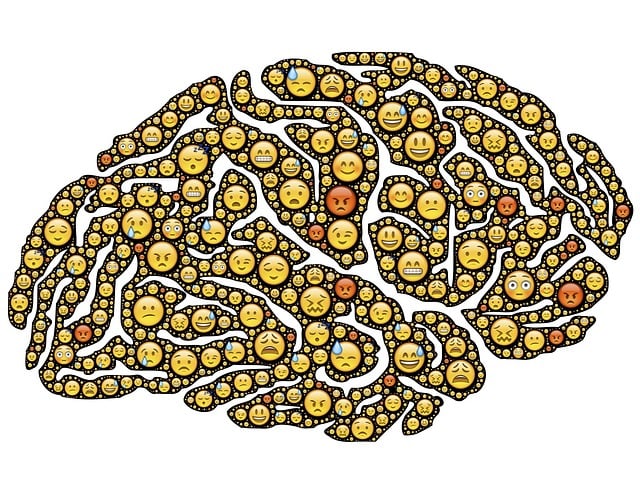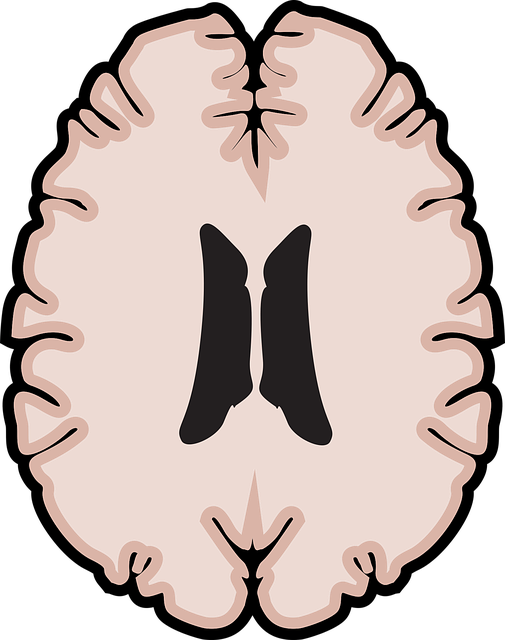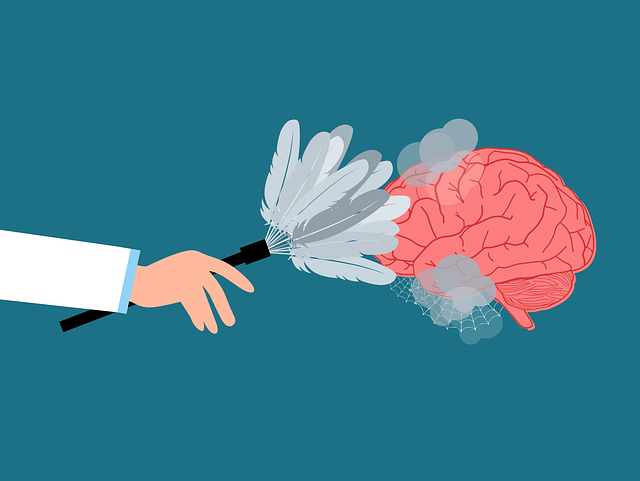Resilience is a key focus in treating Denver Post-Traumatic Stress Disorder (PTSD) through Recovery-Focused Therapy (RFM), which empowers individuals with coping skills, self-esteem, and tools to manage future struggles. Denver's PTSD therapy market offers diverse approaches, including communication strategies, mindfulness practices, and resilience-building exercises like meditation, deep breathing, and art therapy. Resourceful Front-line Management (RFM) techniques, supported by organizations like the Stress Management Workshops Organization, build resilience through workshops teaching conflict resolution and self-care, promoting mental well-being in Denver residents.
“Resilience is a powerful tool in overcoming adversity, especially when combined with Effective Risk Management (RFM) techniques. This article explores how RFM can enhance Denver post-traumatic stress disorder (PTSD) therapy, focusing on building mental fortitude. We’ll delve into the science behind PTSD and its impact on individuals, then present practical exercises to boost resilience. Additionally, we’ll discuss the integration of RFM strategies into local therapy practices, offering a comprehensive guide for healthcare professionals in Denver.”
- Understanding RFM and Its Role in Resilience Building
- The Impact of Post-Traumatic Stress Disorder (PTSD) on Individuals
- Exercises to Enhance Resilience and Overcome PTSD Symptoms
- Integrating RFM Techniques into Denver's Therapy Practices
Understanding RFM and Its Role in Resilience Building

Resilience is a key component in overcoming challenges and building mental wellness, especially when navigating post-traumatic stress disorder (PTSD). RFM, or Recovery-Focused Therapy, is an evidence-based approach that has gained recognition in Denver Post-Traumatic Stress Disorder therapy. This method emphasizes the individual’s inherent capacity for recovery and resilience, rather than focusing solely on the trauma. By utilizing RFM techniques, mental health professionals can effectively support clients in developing adaptive coping skills, enhancing self-esteem, and fostering a sense of empowerment.
The role of RFM in resilience building is multifaceted. It involves a comprehensive risk assessment for mental health professionals to understand the client’s unique strengths and challenges. Through this process, therapists can tailor interventions to promote personal growth and recovery. By encouraging individuals to reflect on their past successes and resilient moments, RFM helps break down barriers and promotes a positive outlook, which is crucial in managing PTSD symptoms. This approach not only supports clients in the present but also equips them with lifelong tools to navigate future struggles.
The Impact of Post-Traumatic Stress Disorder (PTSD) on Individuals

Post-Traumatic Stress Disorder (PTSD) is a significant mental health challenge that profoundly impacts individuals across various demographics. Often developing after exposure to traumatic events, PTSD can lead to intense and disturbing symptoms, affecting daily functioning and overall quality of life. The Denver Post-Traumatic Stress Disorder Therapy market offers a range of treatments, from traditional talk therapy to innovative resilience-building exercises, all designed to help individuals cope with the lasting effects of trauma.
Communication strategies play a crucial role in managing PTSD, enabling individuals to express their experiences and emotions effectively. Positive thinking techniques and mindfulness practices are also integral parts of burnout prevention, helping those affected by PTSD regain a sense of control and promote resilience. By integrating these approaches into their therapeutic journeys, individuals can navigate the complexities of PTSD, heal from past traumas, and develop strategies to enhance their overall mental well-being.
Exercises to Enhance Resilience and Overcome PTSD Symptoms

Resilience building exercises play a crucial role in Denver Post-Traumatic Stress Disorder (PTSD) therapy, helping individuals overcome challenging symptoms and foster emotional healing processes. Techniques such as mindfulness meditation, deep breathing exercises, and progressive muscle relaxation can significantly reduce anxiety and depression, which are common consequences of traumatic experiences. These practices enable people to develop a stronger sense of self-awareness and control over their emotions, thereby enhancing their ability to cope with stressful situations.
Incorporating regular physical activity into one’s routine is another effective strategy for managing PTSD. Exercise not only promotes overall well-being but also facilitates the release of endorphins, which can help alleviate symptoms of depression and improve mood. Additionally, engaging in creative outlets like art therapy or writing can be powerful tools for processing trauma and cultivating a sense of resilience. By combining these emotional healing processes with self-care routine development, individuals can take proactive steps towards better mental health management.
Integrating RFM Techniques into Denver's Therapy Practices

In Denver, the integration of RFM (Resourceful Front-line Management) techniques into therapy practices has emerged as a powerful strategy for addressing post-traumatic stress disorder (PTSD). This approach is particularly impactful in a city like Denver, known for its diverse and resilient community. By incorporating RFM, therapists can empower individuals to develop resilience, a key component in managing PTSD symptoms. These techniques focus on enhancing coping mechanisms and fostering an environment where clients feel equipped to navigate stressful situations.
The Stress Management Workshops Organization has played a significant role in promoting these practices locally. They offer workshops that teach valuable conflict resolution techniques and self-care practices, enabling individuals to build resilience from within. Such initiatives align perfectly with Denver’s commitment to mental well-being, providing residents with tools to thrive even in the face of adversity. This holistic approach to therapy is transforming lives and offering hope for a brighter, more resilient future.
Resilience is a powerful tool in overcoming challenges, especially for those dealing with Post-Traumatic Stress Disorder (PTSD). Integrating RFM techniques into Denver post-traumatic stress disorder therapy offers a promising approach to enhance resilience and provide effective support. By understanding the impact of PTSD and utilizing specific exercises, individuals can navigate their trauma and build a stronger, more resilient self. This holistic method, combined with the right support systems, empowers folks in Denver to lead fulfilling lives despite the hurdles they’ve faced.














